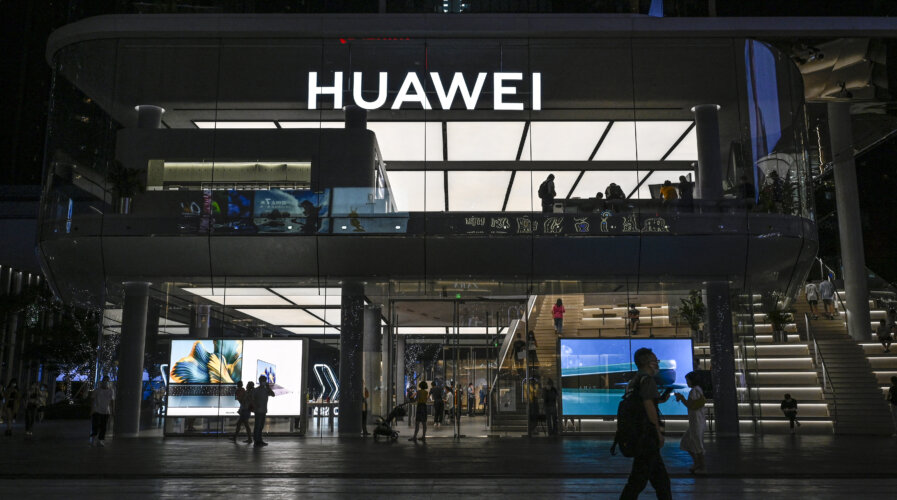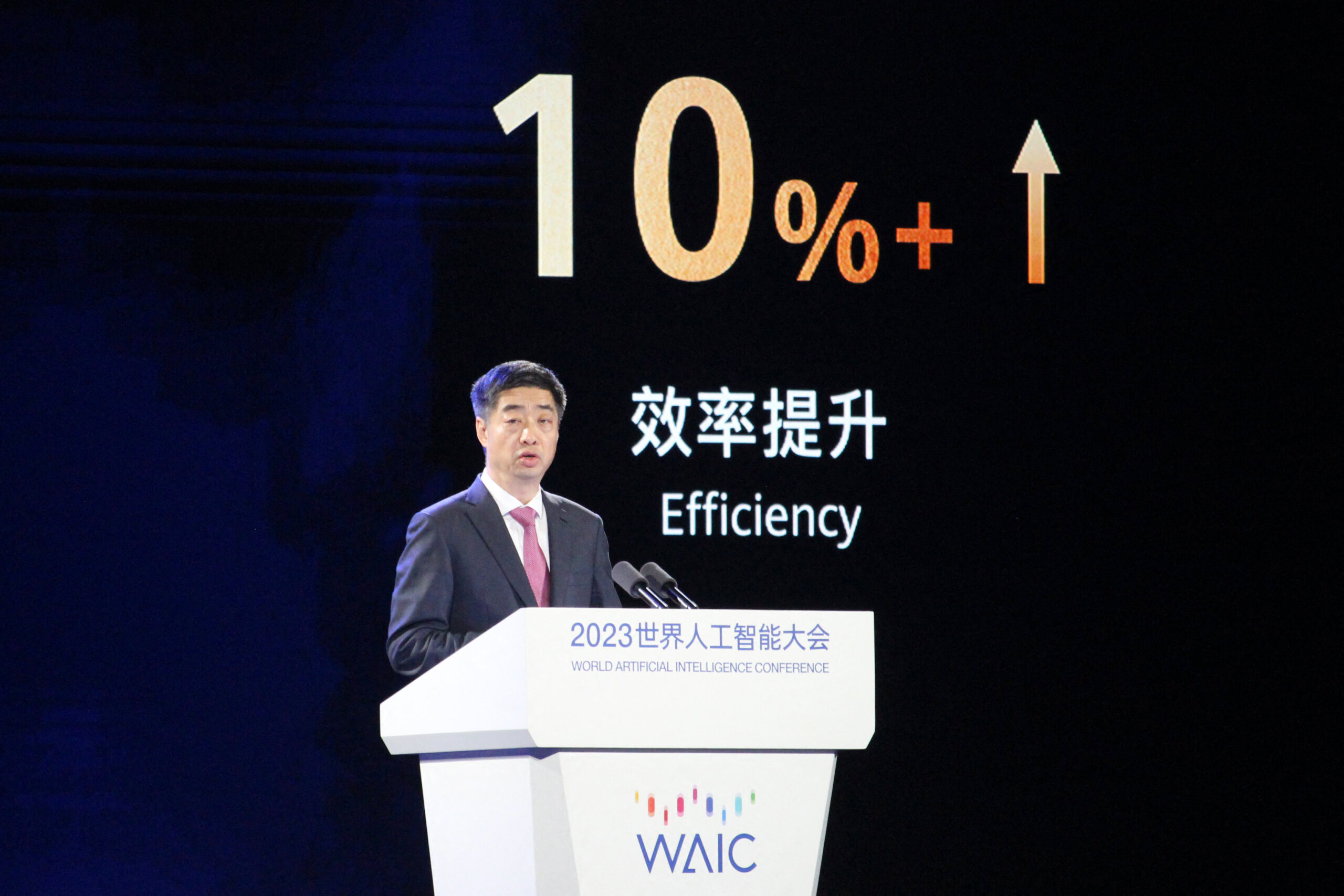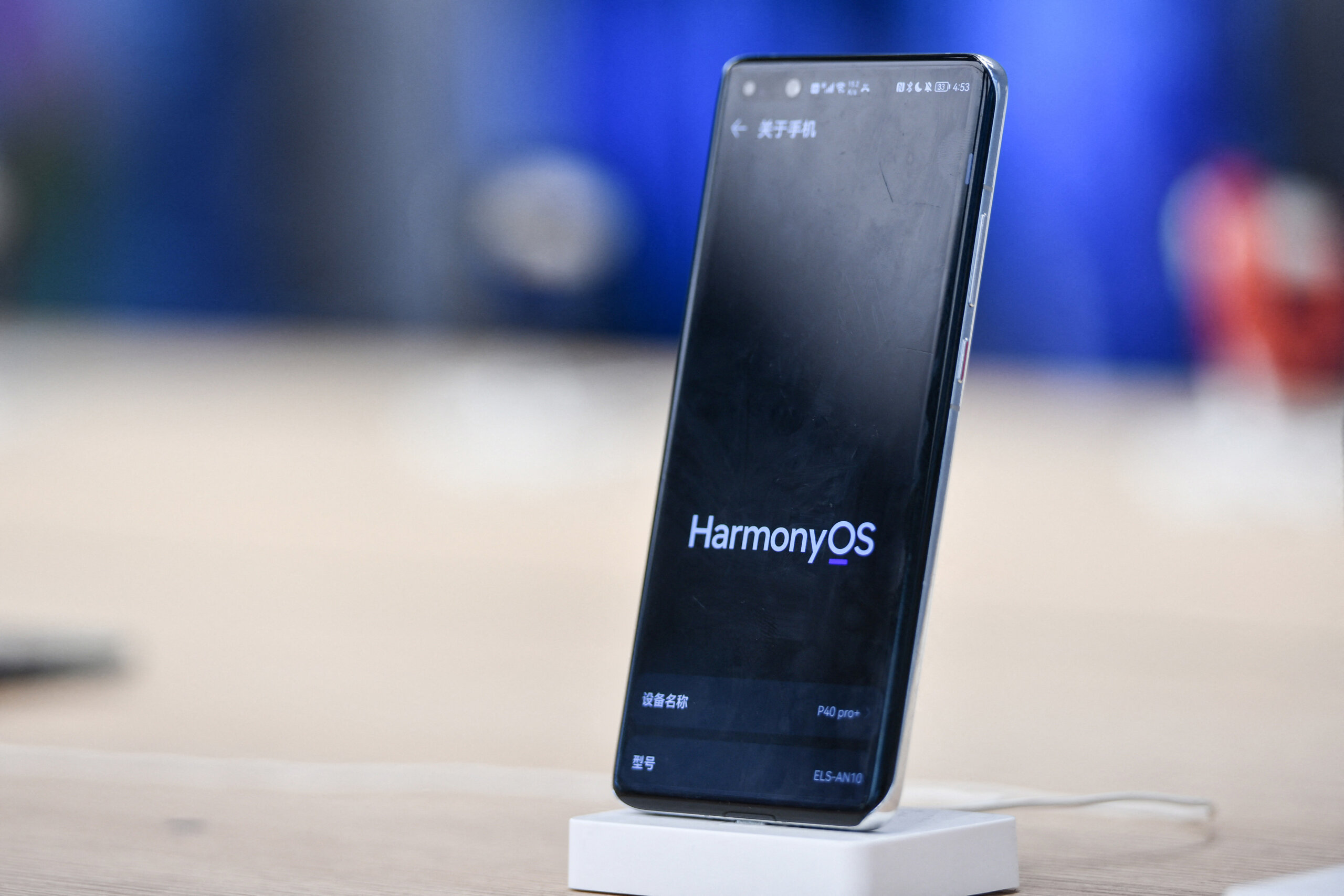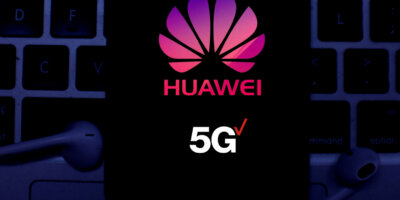
Huawei’s consumer business group, including Huawei smartphones and smart car solutions, recorded growth and increased revenue for the first time in three years. Source: (Photo by Jade GAO / AFP)
Huawei records first smartphone revenue increase since 2020
- Huawei smartphones and smart car solutions recorded growth and increased revenue for the first time since 2020.
- The company’s total revenue grew 3.1% in the first half of 2023, reaching 310.9 billion yuan.
About a week ago, Huawei Technologies said it plans to revive its high-flying smartphone business following the launch of its latest AI-powered Harmony operating system upgrade. The optimistic assessment comes after the privately-held Chinese giant resurfaced as a top-five smartphone vendor in mainland China during the second quarter, according to data from research firm IDC.
Shenzhen-based Huawei’s comeback, according to IDC, was achieved through “a better product launching pace, as well as the favorable sales performance of its P60 series and foldable Mate X3 model”. In reality, the Shenzhen-based telecoms firm is trying to recover from US sanctions dating back to 2019, which cut it off from crucial technologies such as semiconductors, like 5G chips and software.
The move crippled its smartphone business globally, demoting it from once being the number one player. But the worst may be over for Huawei as its efforts gradually bear fruit. Based its first half of 2023 results, Huawei’s consumer business group, including Huawei smartphones and smart car solutions, recorded growth and increased revenue for the first time in three years.
According to the company, Huawei smartphones and electric cars rose 2.2% to 103.5 billion yuan (US$4 billion), a performance that is in line with expectations. The results resonate with what the company’s chief executive of the consumer business group and its Intelligent Automotive Solution business unit, Richard Yu Chengdong, said.
“Huawei’s flagship smartphones are making a comeback,” Yu said at Huawei’s recent annual developer conference in Dongguan, a city in southern Guangdong province, where its HarmonyOS 4 was unveiled. Huawei said HarmonyOS 4 had been integrated with the company’s generative artificial intelligence model Pangu to provide ChatGPT-like services, including automated messaging and the creation of images.

Huawei Deputy Chairman and Rotating Chairman Hu Houkun (Ken Hu) speaks at the opening ceremony of the World Artificial Intelligence Conference (WAIC) in Shanghai on July 6, 2023. (Photo by REBECCA BAILEY / AFP)
HarmonyOS 4 is also expected to enhance support for other devices, such as smart electric vehicles, a major sector that Huawei has targeted in recent years. At the conference, Yu also said HarmonyOS is now connected to more than 700 million devices and has more than 2.2 million developers in its ecosystem.
In the financial results, the Chinese giant also announced that its Huawei P60 and Mate X3 smartphones achieved second in the premium device segment on the home ground. According to IDC, Huawei sold about 14.3 million units in China for the first half of 2023. This is a 40% growth as compared to last year.

This photo taken on May 31, 2021 shows a Huawei smartphone with the HarmonyOS operating system displayed at the Huawei flagship store in Shenzhen, in China’s southern Guangdong province. (Photo by AFP) / China OUT
Revenue from intelligent automotive solutions, another segment that Huawei has been banking on to diversify its business, reached 1 billion yuan in the first half of 2023. Cloud computing and digital power generated 24.1 billion yuan and 24.2 billion yuan in sales, respectively, posting “strong growth,” a South China Morning Post report indicated.
As for Huawei’s information and communications technology business – its key segment includes 5G network gear – revenue from January to June reached 167.2 billion yuan, the company said. Reports indicate that Huawei is plotting a return to the 5G smartphone industry by the end of this year, which means a comeback despite a US ban on equipment sales decimating its consumer electronics business.
The first Huawei phone to launch with the newly developed 5G chipset is expected to launch later this year, according to a new report from Reuters. This means Huawei may finally return to using 5G chipsets co-developed with China’s Semiconductor Manufacturing International Corporation (SMIC).
READ MORE
- 3 Steps to Successfully Automate Copilot for Microsoft 365 Implementation
- Trustworthy AI – the Promise of Enterprise-Friendly Generative Machine Learning with Dell and NVIDIA
- Strategies for Democratizing GenAI
- The criticality of endpoint management in cybersecurity and operations
- Ethical AI: The renewed importance of safeguarding data and customer privacy in Generative AI applications


